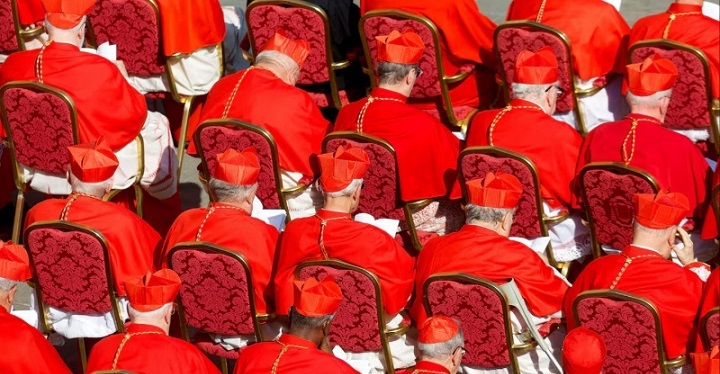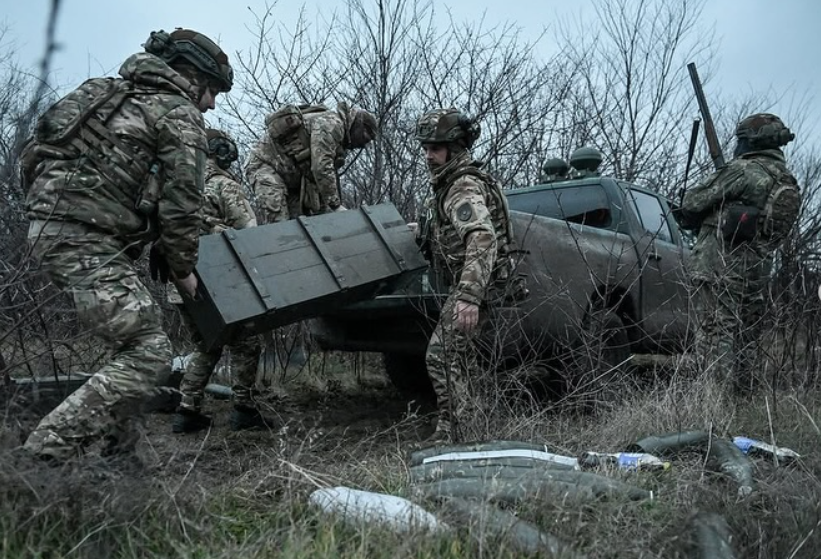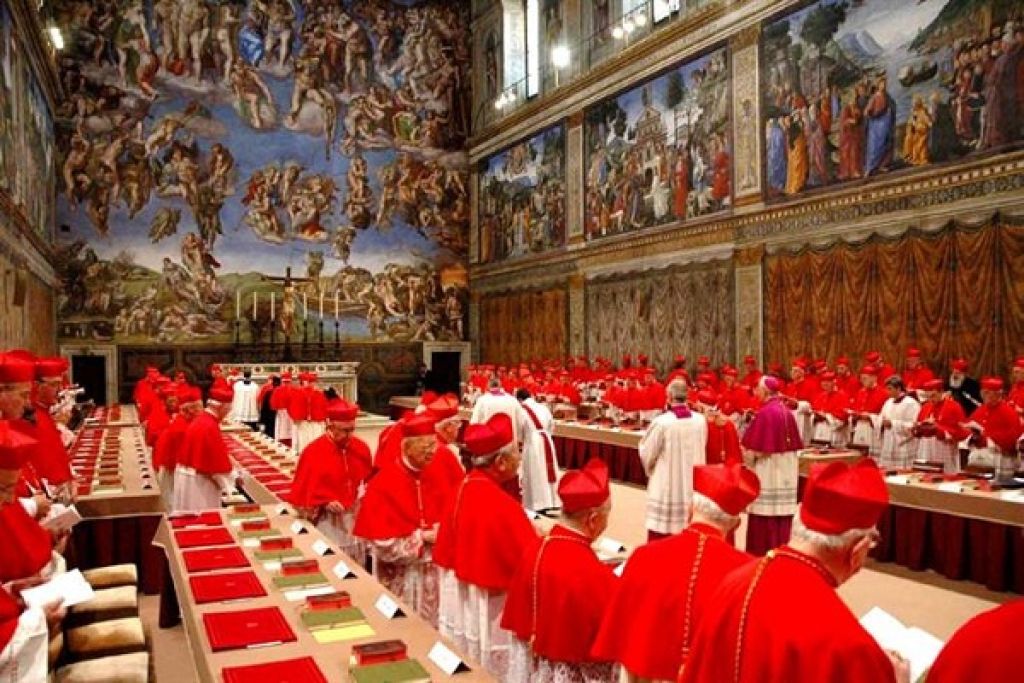BRUSSELS (Reuters) – Britain’s weakened prime minister, Theresa May, said on Thursday she did not expect to secure an immediate breakthrough in Brexit talks that would provide her fractured party with the kind of reassurances needed to get her deal through parliament.
The European Union’s response as she arrived in Brussels for two days of talks with fellow EU leaders at a summit was bound to disappoint May, fresh from surviving a mutiny against her leadership within the Conservative party.
The other 27 national leaders were wary of giving Britain any legal assurances over the most contentious element of their tentative Brexit deal — the emergency fix for the Irish border — partly because they expected May would come back again to ask for more in January.
“I recognise the strength of concern in the House of Commons and that is what I will be putting to colleagues today,” May said on arrival. “I don’t expect an immediate breakthrough, but what I do hope is that we can start work as quickly as possible on the assurances that are necessary.”
May won the backing of 200 Conservative Party members of parliament versus 117 against, in a secret ballot that deepened divisions just weeks before parliament needs to approve a deal to prevent a disorderly exit from the EU.
In Britain’s biggest decision for decades, Brexit has split the nation and will shape the future of its $2.8 trillion economy. Pro-Europeans fear exit will weaken that economy and its international standing. Brexit supporters hail it as casting off a flailing German-led European project.
Brexit Minister Stephen Barclay said May, who has been shuttling round Europe for months and was attending the EU summit until Friday afternoon, would seek assurances Britain would not be tied to EU rules indefinitely after Brexit.
NO IMMEDIATE SUPPORT
No vote on the Brexit package was included in a schedule of parliamentary business for the coming week before Christmas and EU leaders look unlikely to offer immediate support. A draft EU statement said they were merely “ready to examine” whether further assurance can be given.
“There is no point bleeding for May now when it may really not be about what’s in the Brexit deal. In the UK parliament, it’s about new elections and a leadership contest,” an EU diplomat said. “So today is just about kicking the can down the road, buying time until January.”
The six-point EU draft document said any future assurances would not “change or contradict” the legally binding withdrawal agreement struck last month after two years of negotiations.
Earlier this week, May delayed a parliamentary vote on her deal, designed to maintain close future ties with the EU, after admitting it would be soundly defeated in the House of Commons. She has pledged a new vote before Jan. 21 but faces a tall order to convince sceptical lawmakers.
With Britain due to leave the EU on March 29, prospects now include a potentially disorderly exit with no deal agreed and no smooth transition, or even another referendum.
MAY: “I’VE LISTENED”
May, who met Irish Prime Minister Leo Varadkar in Brussels and EU summit chair Donald Tusk, wants legal assurances that the Irish “backstop” will not remain in place indefinitely.
The backstop is an emergency fix to prevent extensive border checks on the island of Ireland. It is the most contentious element of the deal.
“A significant number of colleagues did cast a vote against me and I’ve listened to what they said,” May said in Downing Street late on Wednesday.
The EU’s draft statement, seen by Reuters, reiterated that it prefers a new deal to ever triggering the Irish backstop and that it would try to swiftly conclude such an accord even if the emergency border fix kicks in.
EU states were not in agreement on the text on Thursday morning, however. Diplomats in Brussels expect it to change after May tells the other national leaders what she needs to push their deal through her parliament.
They suggested the EU may be readying more solid assurances for May in January.
May, who said on Wednesday she would not be standing in the next election due in 2022, has to secure some improvement on her deal to have any hope of parliamentary approval.
The confidence vote against her has highlighted the historic divisions over Europe within the Conservative Party that contributed to the downfall of the three previous Conservative premiers: David Cameron, John Major and Margaret Thatcher.
National newspapers said “lame duck” May had been given a “stay of execution” after she “scraped through”.
The Northern Irish party that props up her government — and strongly opposes her withdrawal deal — said the fundamental arithmetic in parliament was unchanged despite the confidence vote victory, and the backstop must go.
Additional reporting by Kate Holton and Kylie MacLellan and Paul Sandle in London, Alastair Macdonald, Jan Strupczewski and Philip Blenkinsop, Editing by Alastair Macdonald, Raisa Kasolowsky, Andrew Cawthorne, Larry King






Leave a Reply